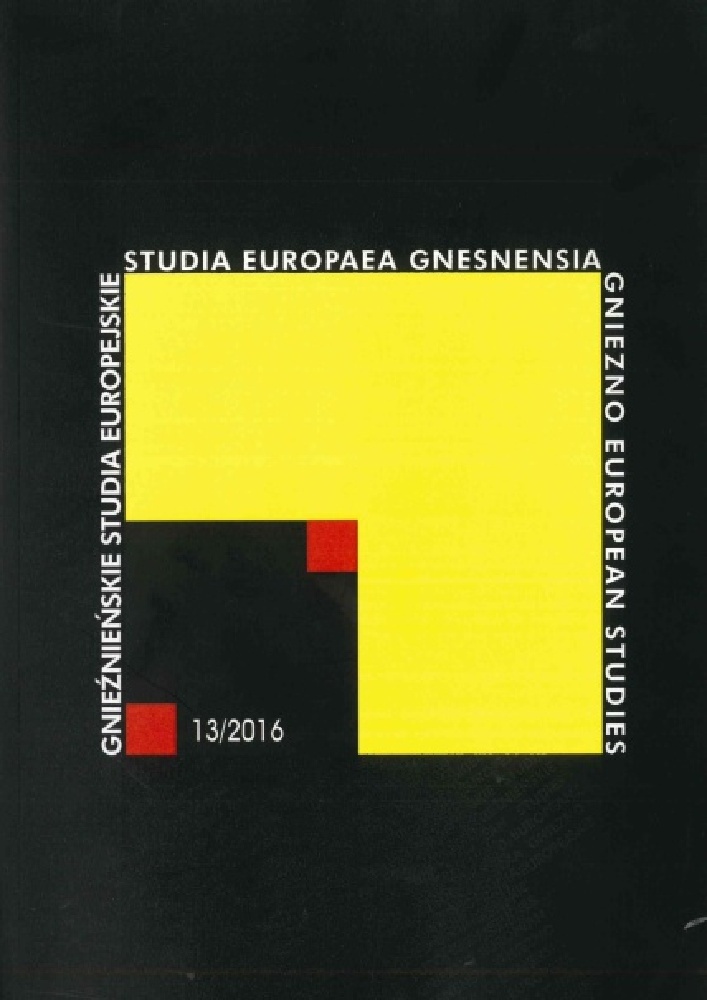Abstract
In this article, the example of a child of the ’68 generation, in this case Jo, a protagonist in „The Pollenroom” by the Swiss author Zoë Jenny, serves to illustrate the conflict between the ’85 generation and the ’68 generation and its serious consequences, which concern the urge of freedom, the ideals, the anti-authoritarian view of life, women´s movement as well as the overcoming and disintegration of traditional conventions and structures of society. The characteristic traits of the ’68 generation have fatal repercussions for its descendants. The author seeks to show how difficult it could be to live in this estranged world and find oneself for a child abandoned by its parents who pursued their ideals and the fulfilment of their dreams.
Riferimenti bibliografici
Primärliteratur:
Jenny Z., Das Blütenstaubzimmer, Frankfurt am Main-Zürich 1997.
Sekundärliteratur:
Assmann A., Geschichte im Gedächtnis. Von der individuellen Erfahrung bis zur öffentlichen Inszenierung, 2. Auflage, München 2014.
Blum L., Jugend und Jugendkultur in der zeitgenössischen Literatur: Zoë Jenny und Helmut Krausser, [in:] E. Neuland (Hgs.), Jugendsprache-Jugendliteratur-Jugendkultur, Frankfurt am Main 2003, S. 217-234.
Eden W., Zoë Jenny. Der Lohn ist das Schreiben selbst, [in:] Keine Angst vor großen Gefühlen, Berlin 2001, S. 55-64.
Fetz B., Jüngere österreichische ErzählerInnen [online]. Vdeutsch [Zugriff: 2009-09-06]. Verfügbar: http://www.vorlesungen/fetz_joautoren.doc. Kurth H., Lexikon der Traumsymbole, Genf 1975.
Löwer I., Zoë Jenny. Das Blütenstaubzimmer, [in:] Die 68er im Spiegel ihrer Kinder, Bremen 2011, S. 63-90.
Rindlisbacher U., Die Familie in der Literatur der Krise. Regressive und emanzipatorische Tendenzen in der Deutschschweizer Romanliteratur um 1935, „Sprache und Dichtung”, 37, Stuttgart-Bern 1987.
Rusterholz P., Solbach A., Schweizer Literaturgeschichte, Stuttgart-Weimar 2007.
Schwarz Ch., Langeweile und Identität. Eine Studie zur Entstehung und Krise des romantischen Selbstgefühls, Heidelberg 1993.
Selchow St., Siehst du den Horizont?, Franka Potente, Zoë Jenny, Franzi van Almsick, Melanie Rohde u. v. a. über ihr Leben, Frankfurt am Main 2002.
Stefański M., Die 68er-Gneration vor Gericht. Untersuchungen zu den Konfliktkonstruktionen in den Texten der 85er-Generation, Kultur-Literatur-Medien. Posener Schriften zur Germanistik, Hrsg. v. Prof. Dr. S. Piontek, 1, Frankfurt a. Main 2013.
Thomas A., Kriegs-und Wohlstandskinder. Die Gegenwartsliteratur als Antwort auf die Literatur der 68er, Neue Bremer Beiträge, 16, Heidelberg 2011.
